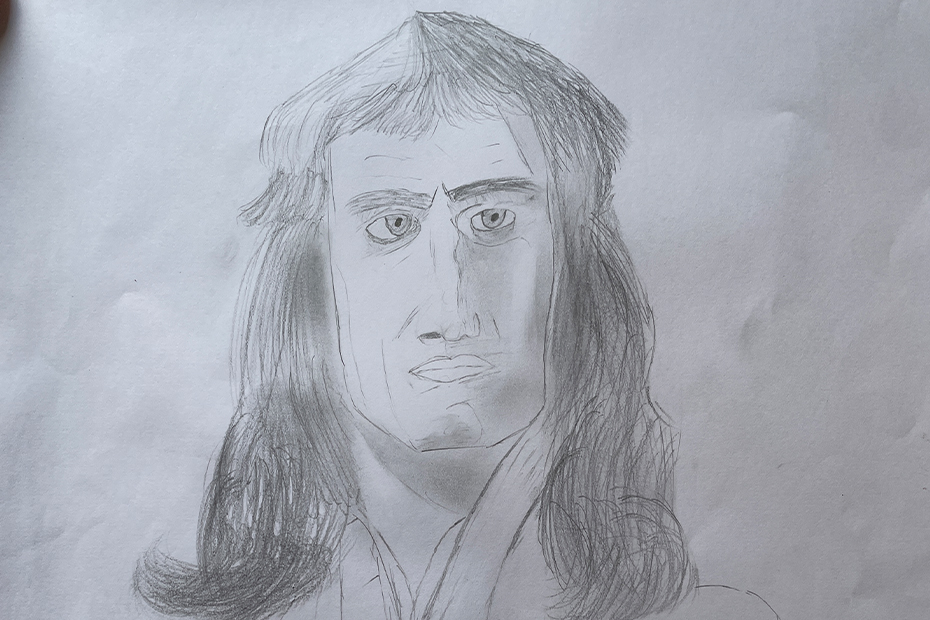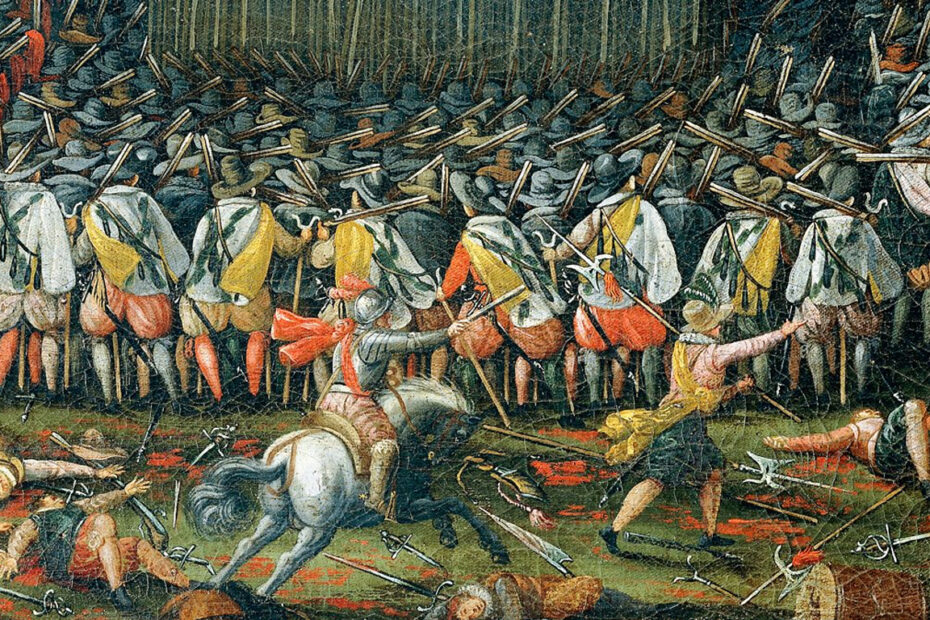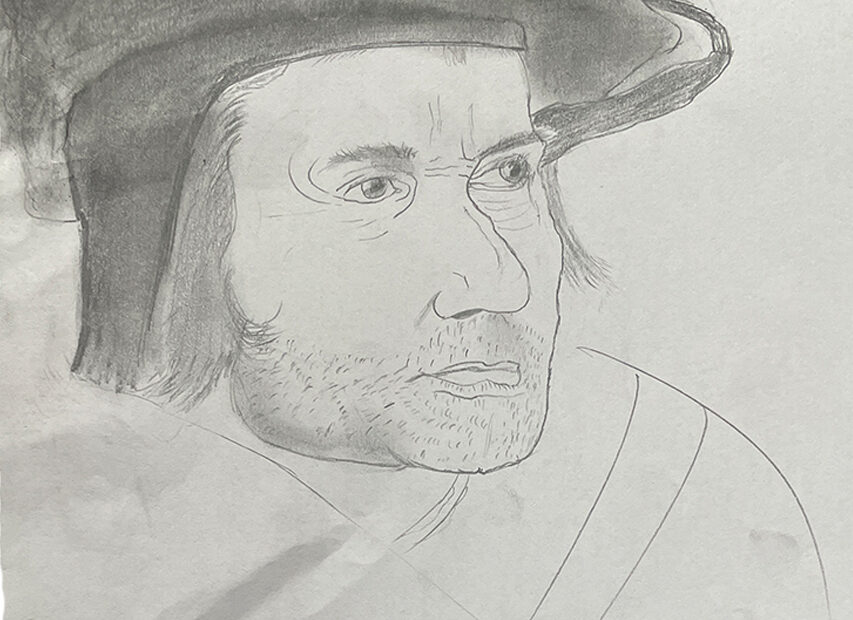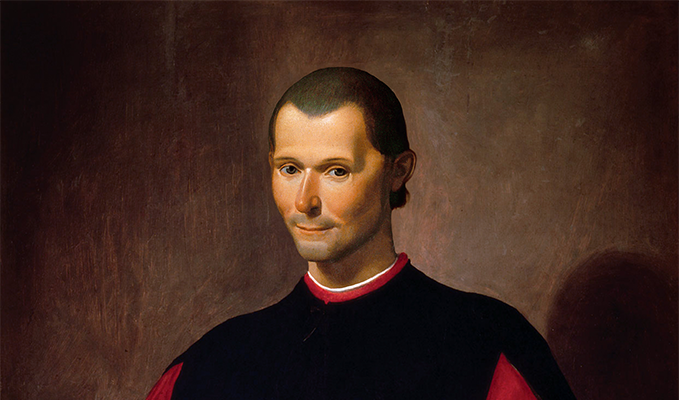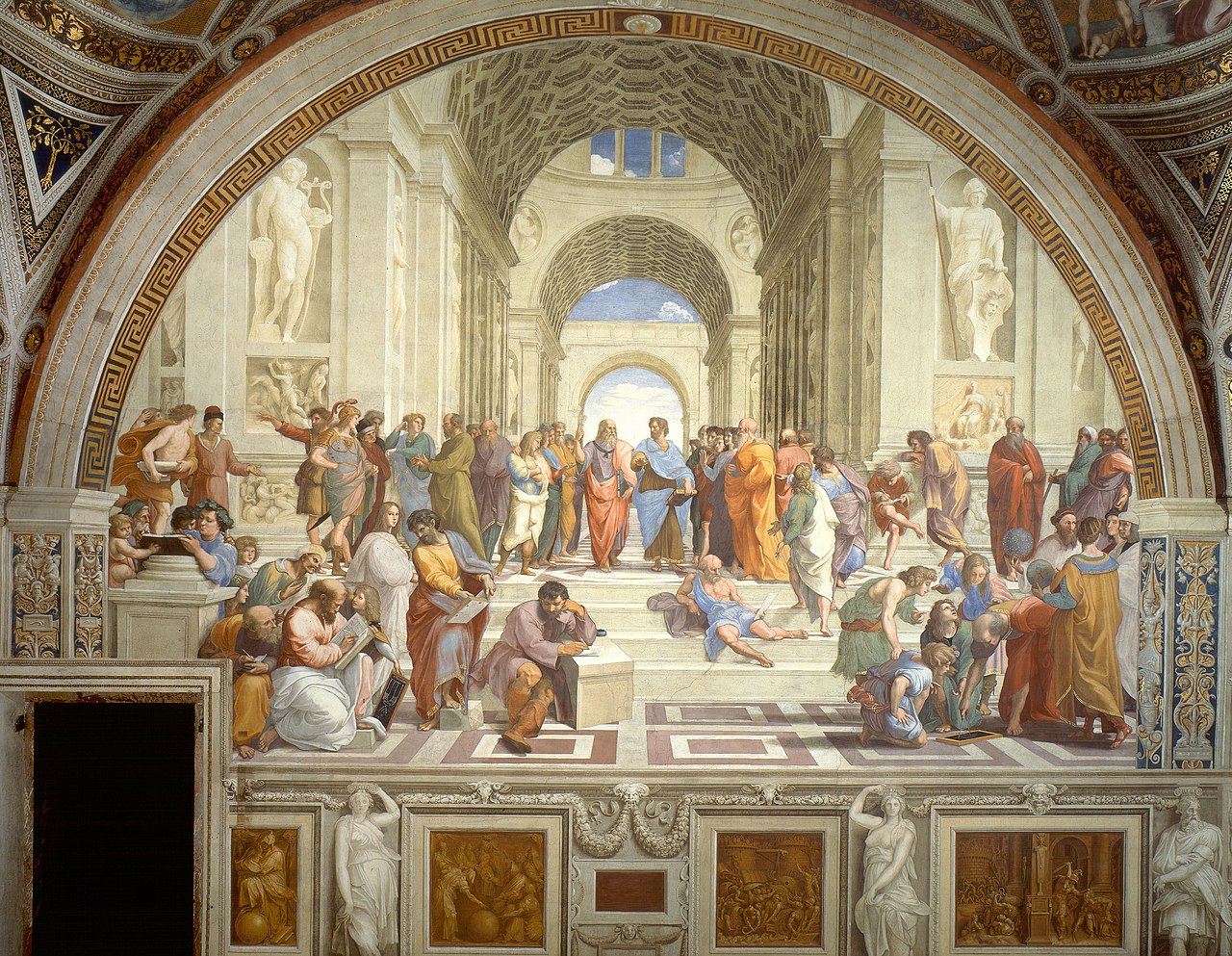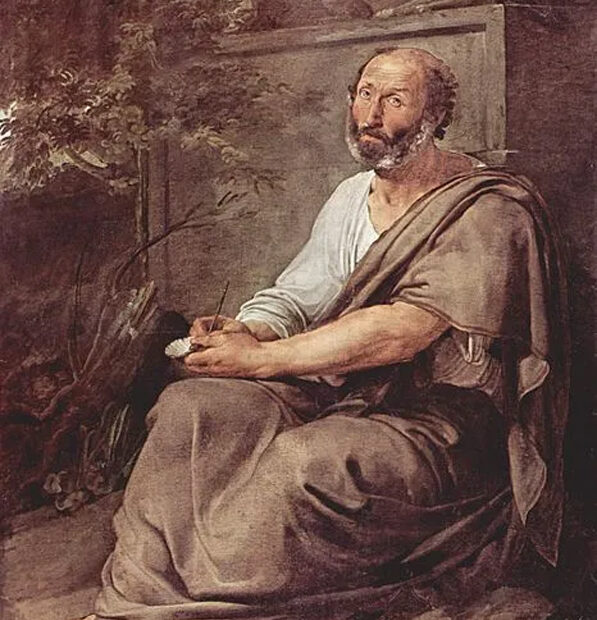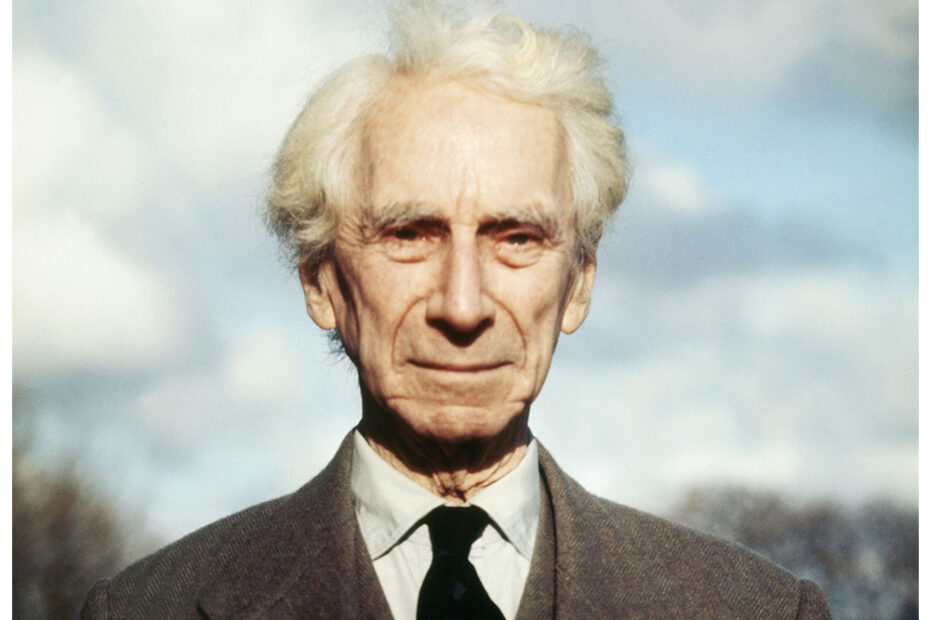Francis Bacon’s inductive reasoning and his taste for bacon.
Hi, today’s article is on Francis Bacon, biases and hypotheses, and whether Francis Bacon liked bacon. For some quick context, Francis Bacon, living from 1561 – 1626 was a politician in the early modern sense where he was chosen for important governmental positions by the heads of state of England. Did Francis Bacon like bacon? I tried looking into it, and despite my best research… Read More »Francis Bacon’s inductive reasoning and his taste for bacon.
The Rise of Science, and the dogmatic appropriation of Science for Ego
Hello and welcome to another episode of my commentaries, today’s topic is the rise of science. I want to take a moment and thank our sponsors – my enthusiasm and my free time. Maybe I’d mention an actual sponsor sometime in the future. The notion of the ancients and their brilliance in the medieval world was a chokehold on scientific advancement. Many felt that the… Read More »The Rise of Science, and the dogmatic appropriation of Science for Ego
Reformation and Counter-Reformation, wrapping up religious issues in philosophy.
Hello and Welcome. Today’s chapter is on the Reformation and the Counter-reformation, which, as expected for most religious conflicts, has very little to do with religion and more to do with the way that people in power use their power. To explain the reformation, I cite Britannica, “the resulting intrigues and political manipulations, combined with the church’s increasing power and wealth, contributed to the bankrupting… Read More »Reformation and Counter-Reformation, wrapping up religious issues in philosophy.
Erasmus and More: Reading, Happiness, Languages, and Utopias
Last time we left on a discussion of Machiavelli, a man from Florence whose political ideas were so great, he is often called the father of modern political philosophy, for the separation of morality from politics, one of many ideas. From a little bit of searching though, I also see that modern is debated as a label for Machiavelli because he comes up with novel… Read More »Erasmus and More: Reading, Happiness, Languages, and Utopias
Machiavellian Spirit, Honesty, and Deception
Chapter III. Machiavelli Machiavelli (1469–1527) was the pre-eminent political philosopher of the Italian Renaissance. What I appreciate most about Machiavelli is not the political philosophy in particular, but rather the honesty that comes with his writings. Russell says of Machiavelli’s readers: “It is the custom to be shocked by him, and he certainly is sometimes shocking. But many other men would be equally so if… Read More »Machiavellian Spirit, Honesty, and Deception
Historical Shenanigans and Choosing Positions
Chapter II – The Italian Renaissance Our next chapter covers the Italian Renaissance and very much the political history of the times as well which gave rise to these thinkers. Short diversion, but one reason I fell in love with history was because of my ancient Greek philosophy class, which introduced to me at the time the presocratics, the Socratics, and Aristotle. Seeing ancient people… Read More »Historical Shenanigans and Choosing Positions
Science and our Worldview
Chapter I – General Characteristics Russell begins the early modern period by explaining a power struggle between the authority of the church and the authority of science. Science in the sense that we understand it began to take its roots in the 17th century. Aristotle, in the 4th century BCE, practiced a type of science, but it was focused on observation rather than a controlled… Read More »Science and our Worldview
An Intro to my Reflections: Journaling Through Bertrand Russel’s A History of Western Philosophy
Hello! One of the most important and valuable skills that a person can have with their study is to be able to receive information and be able to render it more concise and interesting for the layman to understand. Simply, the external purpose of this blog is to practice my skills in writing and to have something to show for it. The internal purpose of… Read More »An Intro to my Reflections: Journaling Through Bertrand Russel’s A History of Western Philosophy
